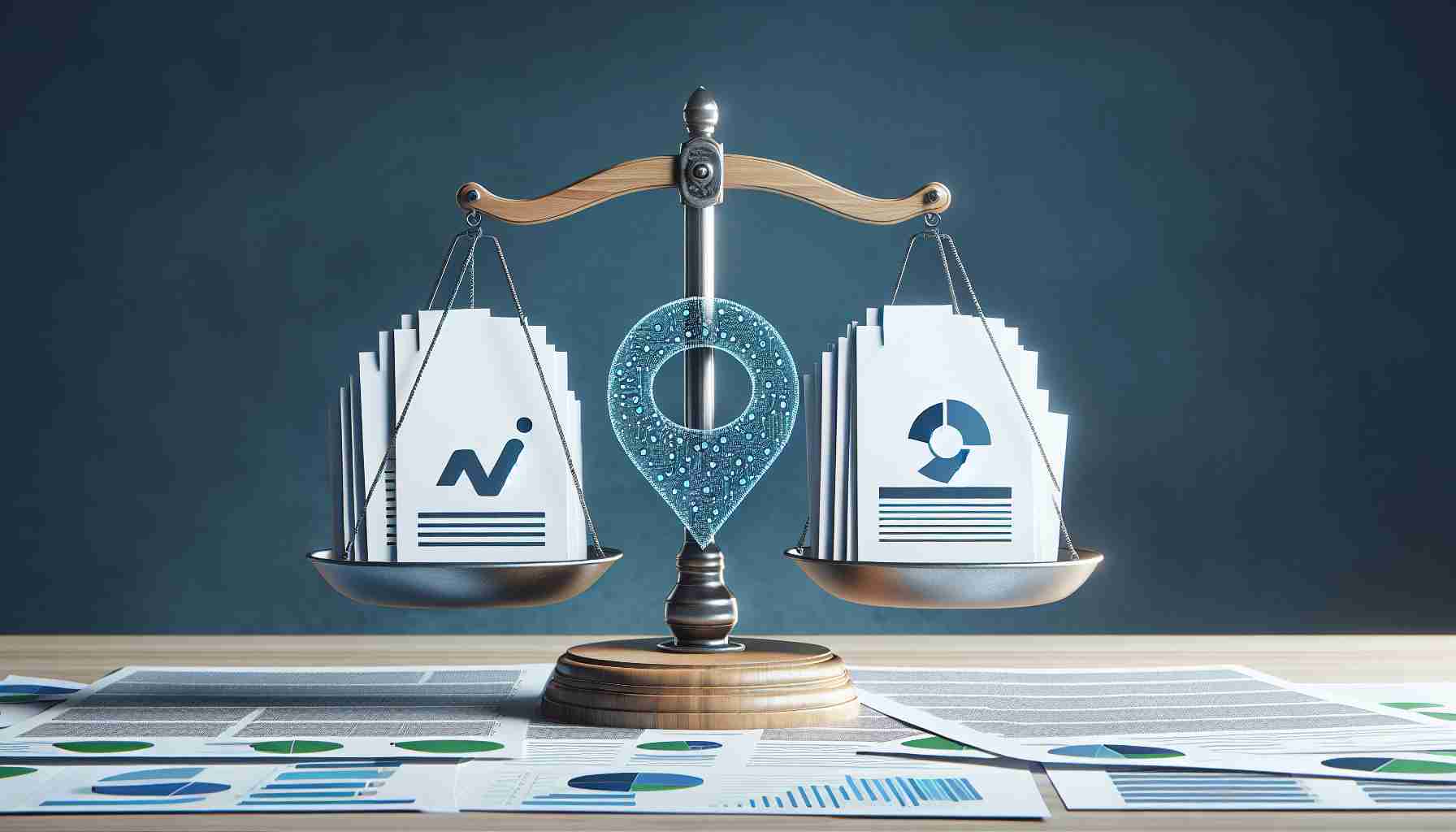As sustainability becomes increasingly important in various aspects of our lives, researchers are exploring the potential contributions of artificial intelligence (AI) in this field. While AI-generated content offers efficiency and data analysis benefits, there are concerns surrounding the accuracy and integrity of sustainability reports. According to Professor Charl de Villiers from the University of Auckland Business School, human judgment remains crucial in ensuring the quality of these reports.
In a recent paper titled “How will AI text generation and processing impact sustainability reporting?,” Professor De Villiers, along with co-authors Matteo Molinari from the University of Kent and Ruth Dimes from The Open University, highlights the potential challenges associated with AI in sustainability reporting. While AI can streamline the reporting process and enhance data analysis, it also falls short in addressing biases and ensuring transparency and accountability.
The use of AI in sustainability reporting has witnessed a surge in New Zealand as more companies are seeking to provide comprehensive overviews of their environmental, social, and cultural impacts. However, the authors caution that AI systems learn from existing data, which may carry societal and cultural biases. This unintentionally embeds biases in AI-generated sustainability reports, perpetuating existing inequalities and overlooking crucial perspectives.
One significant risk highlighted is the potential for greenwashing in AI-generated sustainability reports. Greenwashing refers to the act of making a company appear more environmentally friendly than it actually is. This risk is amplified by the fact that AI systems are trained on vast datasets, which include both genuine and greenwashed sustainability information.
Despite these challenges, the study recognizes the benefits of AI in sustainability reporting. Tools like ChatGPT, for instance, can improve the accessibility of non-financial information, making it easier for people to engage with and understand sustainability-related initiatives. Moreover, AI’s ability to process extensive amounts of data provides insights beyond human capability.
However, it is crucial to strike a balance between AI’s efficiencies and a critical, human-centric approach. Investors, governments, and stakeholders rely on the accuracy of sustainability reports to make informed decisions. If AI-generated reports are not critically evaluated, there is a risk of misleading stakeholders about a company’s true environmental and social impact.
Emphasizing the importance of human judgment alongside AI technology, Professor De Villiers suggests that a cautious and discerning approach is necessary to ensure the reliability and quality of sustainability reporting. By navigating the challenges and harnessing the benefits of AI, we can work towards a more transparent, accountable, and sustainable future.
FAQ section:
Q: What is the main focus of the article?
A: The article focuses on the potential contributions of artificial intelligence (AI) in sustainability reporting.
Q: What concerns are raised about AI-generated sustainability reports?
A: Concerns are raised about the accuracy, integrity, biases, transparency, and accountability of AI-generated sustainability reports.
Q: Who are the authors of the paper highlighted in the article?
A: The authors of the paper are Professor Charl de Villiers from the University of Auckland Business School, Matteo Molinari from the University of Kent, and Ruth Dimes from The Open University.
Q: How does the use of AI in sustainability reporting in New Zealand compare to before?
A: The use of AI in sustainability reporting in New Zealand has witnessed a surge, as more companies are seeking to provide comprehensive overviews of their environmental, social, and cultural impacts.
Q: What is greenwashing?
A: Greenwashing refers to the act of making a company appear more environmentally friendly than it actually is.
Q: What is a significant risk associated with AI-generated sustainability reports?
A: The significant risk is the potential for greenwashing in AI-generated sustainability reports, as AI systems learn from datasets that include both genuine and greenwashed sustainability information.
Q: What are some benefits of AI in sustainability reporting?
A: Some benefits of AI in sustainability reporting include improving the accessibility of non-financial information, enhancing data analysis capabilities, and providing insights beyond human capability.
Q: Why is it important to have a cautious and discerning approach when using AI in sustainability reporting?
A: It is important to have a cautious and discerning approach to ensure the reliability and quality of sustainability reporting, and to avoid misleading stakeholders about a company’s true environmental and social impact.
Key terms:
– Artificial intelligence (AI): The simulation of human intelligence processes by machines, particularly computer systems.
– Sustainability reporting: The practice of measuring, disclosing, and being accountable for an organization’s social, environmental, and economic impacts.
– Greenwashing: The act of making a company appear more environmentally friendly than it actually is.
Suggested related links:
– Sustainability Measurement and Accounting Research Team
– Matteo Molinari’s website
– The Open University

